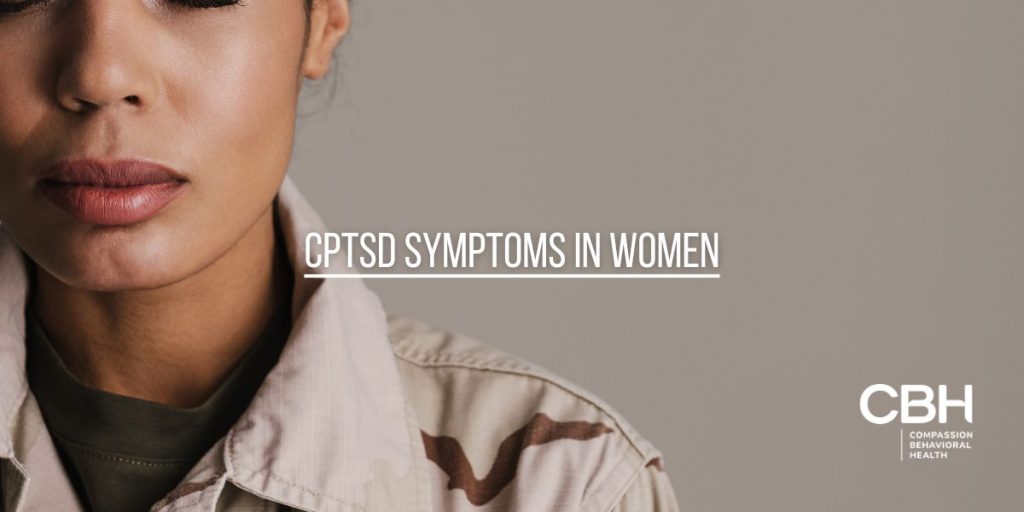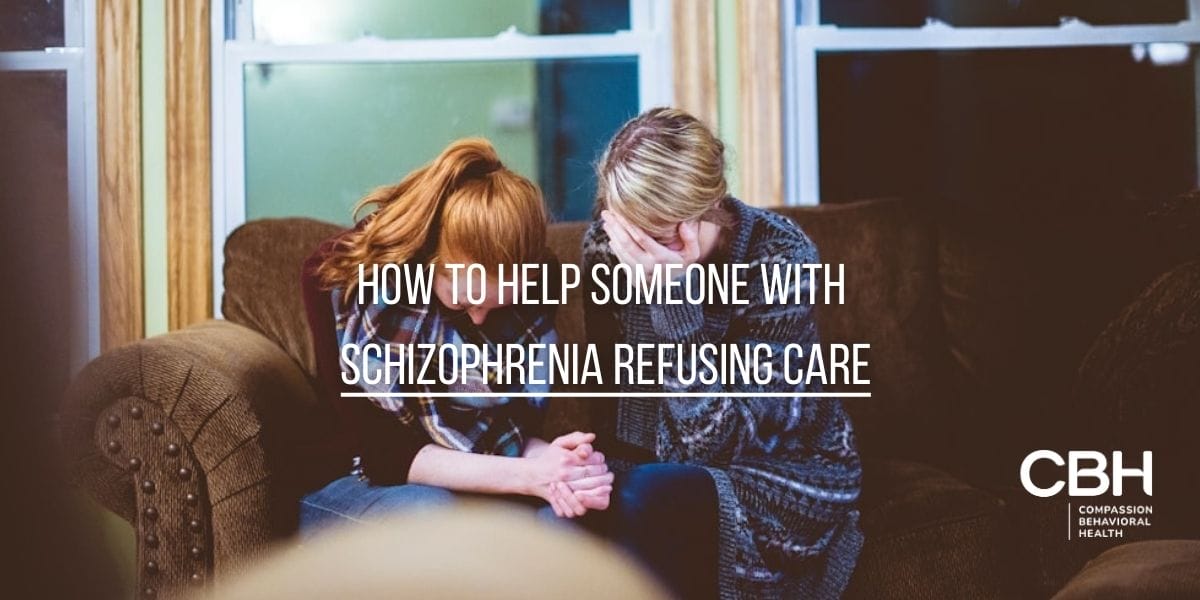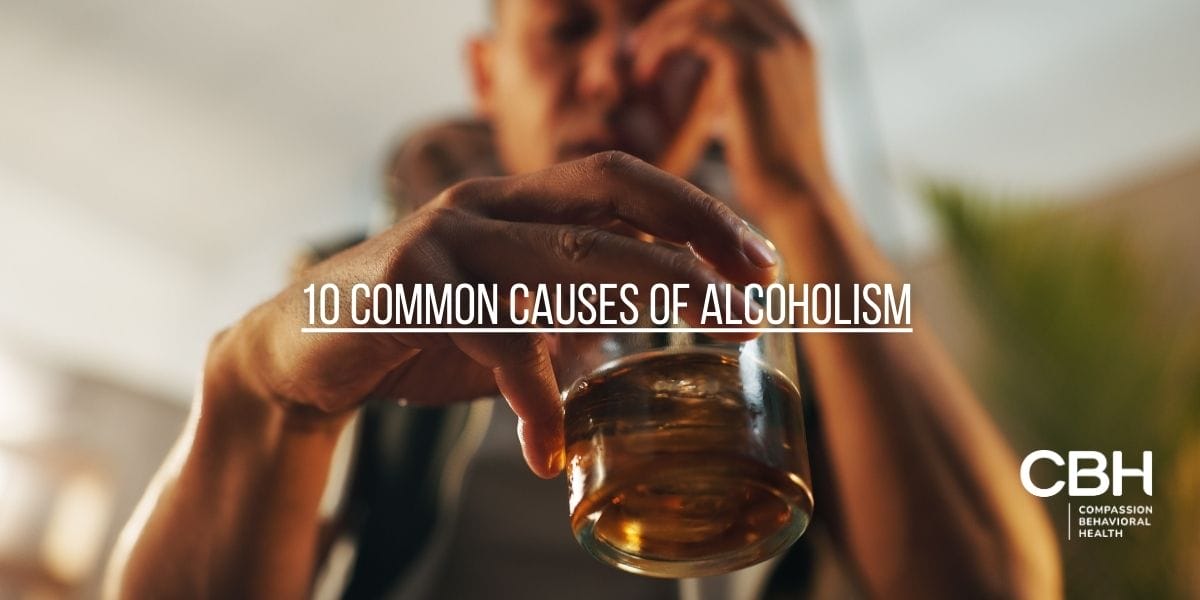Understanding Complex Post-Traumatic Stress Disorder (CPTSD) is crucial, especially as it manifests differently in women compared to men. This article delves into the symptoms, signs, and effects of CPTSD in women, providing insights into how it can impact daily life and relationships. By recognizing these symptoms, women can seek appropriate help and support, paving the way for healing and recovery.
What is CPTSD?
Complex Post-Traumatic Stress Disorder (CPTSD) is a psychological condition that arises from prolonged exposure to traumatic events, often involving interpersonal trauma such as abuse, neglect, or violence. Unlike traditional PTSD, which can develop after a single traumatic incident, CPTSD encompasses a broader range of symptoms and challenges. This condition can manifest in various ways, impacting not only an individual’s mental health but also their relationships, self-esteem, and overall quality of life. The effects of CPTSD can be pervasive, often leading to difficulties in maintaining personal and professional relationships, as well as challenges in managing daily stressors.
Key Differences Between PTSD and CPTSD
While both PTSD and CPTSD share some common features, they differ significantly in their symptoms and effects:
- Duration of Trauma: PTSD typically follows a single traumatic event, whereas CPTSD is the result of ongoing trauma.
- Emotional Regulation: Individuals with CPTSD often struggle with emotional regulation, leading to intense feelings of anger, sadness, or anxiety.
- Self-Perception: CPTSD can lead to negative self-image and feelings of worthlessness, which are less common in PTSD.
In addition to these differences, CPTSD can also manifest through dissociation, where individuals may feel detached from their thoughts, feelings, or sense of identity. This can create a sense of unreality, making it difficult for those affected to engage fully with their surroundings or relationships. Furthermore, individuals with CPTSD may experience difficulties in establishing trust, often stemming from a history of betrayal or abandonment. This can lead to challenges in forming healthy relationships and maintaining a support system, which are crucial for recovery and healing.
Moreover, the impact of CPTSD can extend beyond the individual, affecting families and communities. Children who grow up in environments where caregivers suffer from CPTSD may also experience emotional and behavioral challenges, perpetuating a cycle of trauma. Understanding the broader implications of CPTSD is essential for fostering supportive environments that promote healing and resilience, not only for those directly affected but also for their loved ones. Awareness and education about CPTSD can help reduce stigma and encourage individuals to seek the help they need, paving the way for recovery and a better quality of life.
Common Symptoms of CPTSD in Women
Women experiencing CPTSD may exhibit a variety of symptoms that can significantly impact their daily lives. Understanding these symptoms is essential for identifying the condition and seeking appropriate help.
Emotional Symptoms
Emotional symptoms are often at the forefront of CPTSD. Women may experience:
- Persistent Sadness: A lingering sense of sadness or hopelessness can overshadow daily activities.
- Emotional Numbness: Some may feel detached from their emotions or struggle to connect with others.
- Intense Anxiety: Anxiety can manifest as panic attacks, excessive worry, or a constant feeling of being on edge.
In addition to these emotional challenges, women may also grapple with feelings of guilt or shame that stem from their traumatic experiences. This can lead to a cycle of self-blame, where they question their reactions to trauma or feel undeserving of happiness. Furthermore, mood swings may become more pronounced, with emotions swinging from anger to despair, often without a clear trigger. These emotional fluctuations can create a sense of unpredictability in their lives, making it difficult to maintain stable relationships or engage in social activities.
Cognitive Symptoms
Cognitive symptoms can affect how women think and process information:
- Intrusive Thoughts: Unwanted memories or flashbacks of the traumatic events can disrupt daily life.
- Difficulty Concentrating: Many women report challenges with focus and attention, impacting work and personal relationships.
- Negative Beliefs: A pervasive sense of shame or guilt can lead to distorted self-perceptions.
Moreover, women may experience a phenomenon known as dissociation, where they feel disconnected from their thoughts or surroundings. This can lead to a sense of unreality, making it hard to engage fully with the present moment. Women might also find themselves ruminating on past events, unable to let go of negative experiences, which can hinder their ability to plan for the future or set personal goals. This cognitive overload can contribute to feelings of being overwhelmed, further complicating their recovery journey.
Physical Symptoms
Physical manifestations of CPTSD can be just as debilitating as emotional and cognitive symptoms:
- Chronic Pain: Some women may experience unexplained physical pain, often linked to emotional distress.
- Sleep Disturbances: Insomnia, nightmares, or restless sleep can contribute to overall fatigue and irritability.
- Changes in Appetite: Women may experience fluctuations in appetite, leading to weight gain or loss.
Additionally, women with CPTSD may find themselves more susceptible to stress-related illnesses, as their bodies remain in a heightened state of alertness. This can lead to gastrointestinal issues, fatigue, and even cardiovascular problems over time. The interplay between emotional distress and physical health is significant, as untreated symptoms can exacerbate each other, creating a vicious cycle that is difficult to break. Regular physical activity and mindfulness practices may help mitigate some of these physical symptoms, but many women may struggle to find the motivation to engage in self-care due to their emotional state.

The Effects of CPTSD on Daily Life
The symptoms of CPTSD can have far-reaching effects on various aspects of a woman’s life. Understanding these impacts can help in recognizing the need for support and intervention.
Impact on Relationships
CPTSD can significantly affect personal relationships. Women may find it challenging to trust others, leading to difficulties in forming and maintaining close connections.
- Isolation: A tendency to withdraw from social interactions can increase feelings of loneliness.
- Conflict: Emotional dysregulation may lead to misunderstandings and conflicts with loved ones.
- Fear of Abandonment: Women may experience intense fear of being abandoned, which can result in clinginess or avoidance behaviors.
Additionally, the emotional toll of CPTSD can manifest in ways that complicate existing relationships. For instance, friends and family may struggle to understand the nuances of the condition, leading to feelings of frustration or helplessness on both sides. This lack of understanding can create a rift, as the individual with CPTSD may feel unsupported or invalidated, while loved ones may feel powerless to help. Furthermore, the cycle of trauma can lead to a pattern of repeating unhealthy relationship dynamics, where past experiences influence current interactions, often perpetuating a sense of mistrust and fear.
Impact on Work and Daily Functioning
In the workplace, CPTSD can hinder performance and productivity:
- Decreased Productivity: Difficulty concentrating and managing stress can lead to decreased work performance.
- Frequent Absences: Women may take more sick days due to emotional or physical symptoms.
- Career Advancement: The struggle to engage with colleagues can limit opportunities for career growth.
Moreover, the impact of CPTSD can extend beyond immediate work performance. Women may find themselves in a constant state of hyper-vigilance, which can lead to burnout and exhaustion. This heightened state of awareness can make it difficult to relax or focus on tasks at hand, resulting in a cycle of anxiety that further diminishes productivity. Additionally, the fear of judgment or misunderstanding from coworkers can inhibit open communication, making it challenging to seek help or accommodations that could alleviate some of the stressors associated with the condition.
Impact on Physical Health
The physical symptoms of CPTSD can lead to long-term health issues:
- Weakened Immune System: Chronic stress can compromise the immune system, making women more susceptible to illnesses.
- Cardiovascular Issues: Ongoing anxiety and stress can contribute to heart-related problems.
- Digestive Disorders: Stress can lead to gastrointestinal issues, including irritable bowel syndrome (IBS).
In addition to these challenges, the relationship between mental and physical health can create a vicious cycle for women with CPTSD. For instance, the stress and anxiety associated with CPTSD can lead to poor lifestyle choices, such as unhealthy eating habits or lack of exercise, which can exacerbate physical health issues. Furthermore, women may neglect routine medical care due to feelings of overwhelm or fear of discussing their mental health struggles with healthcare providers. This neglect can delay diagnosis and treatment of physical ailments, further compounding the overall impact of CPTSD on a woman’s health and well-being.
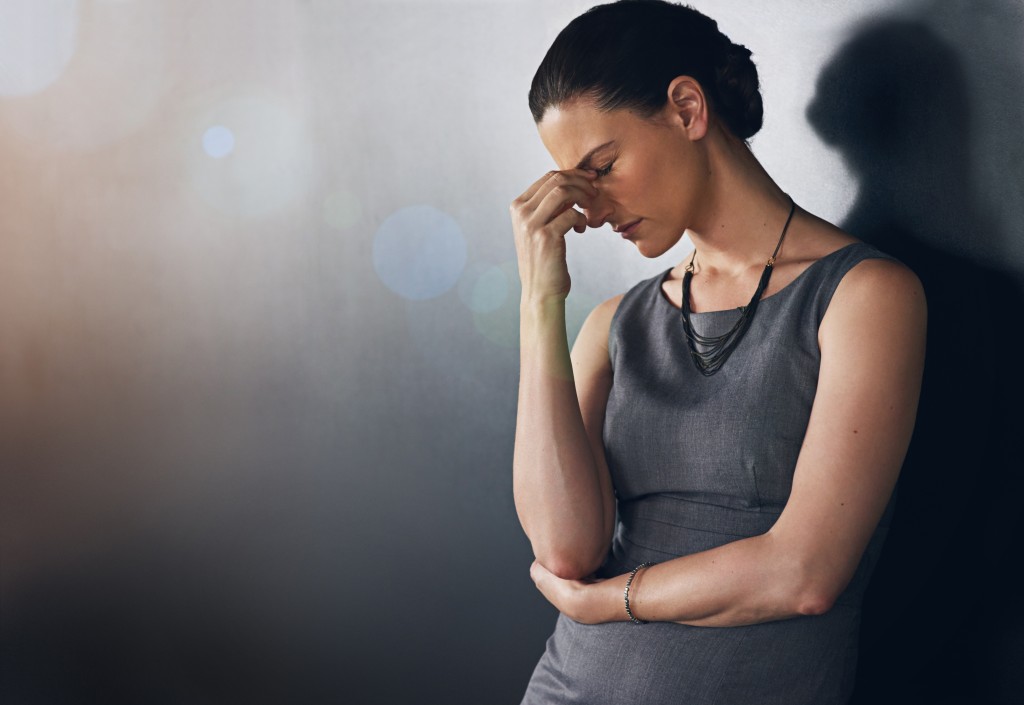
Recognizing the Signs of CPTSD
Recognizing the signs of CPTSD is the first step toward seeking help. Women experiencing these symptoms should consider reaching out to a mental health professional. Understanding the complexity of Complex Post-Traumatic Stress Disorder (CPTSD) is crucial, as it often stems from prolonged exposure to trauma, such as ongoing emotional or physical abuse, neglect, or living in a war zone. This condition can manifest in various ways, making it essential for individuals to be aware of their emotional and psychological states.
Self-Assessment Tools
There are various self-assessment tools available that can help women evaluate their symptoms:
- Questionnaires: Tools like the PTSD Checklist (PCL) can help gauge the severity of symptoms. These questionnaires often include specific questions about intrusive memories, avoidance behaviors, and emotional numbness, providing a clearer picture of one’s mental health status.
- Journaling: Keeping a journal can help track emotions and identify patterns related to trauma. This practice not only aids in recognizing triggers but also serves as a therapeutic outlet for processing feelings, allowing individuals to articulate their experiences and reflect on their healing journey.
- Support Groups: Engaging in support groups can provide insights from others with similar experiences. These groups foster a sense of community and understanding, where members can share coping strategies and encourage one another, creating a safe space for vulnerability and healing.
When to Seek Professional Help
It is essential to seek professional help if symptoms are affecting daily life. Signs that indicate the need for assistance include:
- Persistent Symptoms: If symptoms last for more than a month and interfere with daily activities, it may be time to consult a mental health professional. Chronic symptoms can lead to further complications, such as anxiety disorders or depression, making early intervention vital.
- Suicidal Thoughts: Any thoughts of self-harm or suicide should be taken seriously and addressed immediately. It is crucial to reach out to a trusted friend, family member, or mental health provider who can offer support and guidance during these difficult moments.
- Substance Abuse: Using drugs or alcohol to cope with symptoms can exacerbate the condition. This unhealthy coping mechanism often leads to a cycle of dependency, further complicating recovery and making it essential to seek help before it escalates.
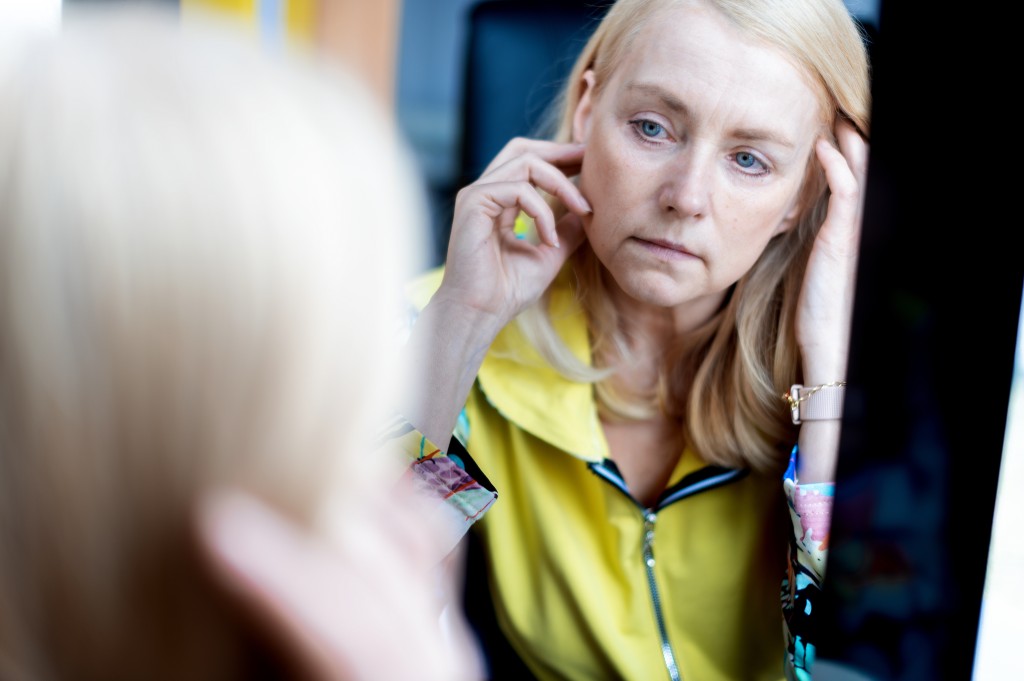
In addition to these signs, women may also experience feelings of isolation, shame, or guilt related to their trauma. These emotions can be particularly challenging, as they often stem from societal stigma surrounding mental health issues. Recognizing that these feelings are a common response to trauma can help individuals understand that they are not alone in their experiences. Furthermore, exploring various therapeutic options, such as cognitive-behavioral therapy (CBT) or eye movement desensitization and reprocessing (EMDR), can provide additional avenues for healing and recovery.
Treatment Options for CPTSD
Fortunately, there are effective treatment options available for women suffering from CPTSD. A combination of therapy, medication, and self-care strategies can lead to significant improvement.
Therapeutic Approaches
Various therapeutic approaches can be beneficial for women with CPTSD:
- Cognitive Behavioral Therapy (CBT): This therapy focuses on changing negative thought patterns and behaviors.
- Eye Movement Desensitization and Reprocessing (EMDR): EMDR helps process traumatic memories through guided eye movements.
- Dialectical Behavior Therapy (DBT): DBT teaches coping skills and emotional regulation techniques.
Medication
Medications can also play a role in managing symptoms:
- Antidepressants: These can help alleviate symptoms of depression and anxiety.
- Anti-Anxiety Medications: These may provide short-term relief from intense anxiety symptoms.
- Sleep Aids: Medications to assist with sleep can be beneficial for those experiencing insomnia.
Self-Care Strategies
In addition to professional treatment, self-care strategies can enhance recovery:
- Mindfulness and Meditation: Practicing mindfulness can help ground individuals in the present moment.
- Physical Activity: Regular exercise can boost mood and reduce stress levels.
- Healthy Nutrition: A balanced diet supports overall mental and physical health.
Support Systems and Resources
Building a strong support system is vital for recovery from CPTSD. Women should not hesitate to reach out to friends, family, or support groups.
Building a Support Network
A supportive network can provide emotional and practical assistance:
- Friends and Family: Open communication with trusted individuals can foster understanding and support.
- Support Groups: Connecting with others who share similar experiences can reduce feelings of isolation.
- Online Communities: Online forums and resources can provide additional support and information.
Helpful Resources
There are many resources available for women dealing with CPTSD:
- Hotlines: National helplines can provide immediate support and guidance.
- Therapists: Finding a qualified therapist experienced in trauma can be crucial for recovery.
- Books and Articles: Reading about CPTSD can provide insights and coping strategies.
CPTSD Treatment at CBH in Florida

Understanding CPTSD and its symptoms is essential for women who may be experiencing its effects. By recognizing the signs, seeking help, and utilizing available resources, healing and recovery are possible. Women are encouraged to reach out for support, whether through professional therapy, self-care practices, or community resources. With the right approach, it is possible to reclaim a sense of safety, connection, and well-being.
If you’re a woman struggling with the symptoms of CPTSD, remember that you’re not alone. Compassion Behavioral Health is here to be your beacon of hope. Our specialized team is committed to providing personalized mental health and substance use treatment that supports your journey to sustainable recovery. Conveniently located in South Florida, our Hollywood rehab center is a nurturing environment where you can focus on healing. Don’t wait to take the first step towards reclaiming your well-being. Call us today and let us help you navigate the path to a healthier, happier life.
